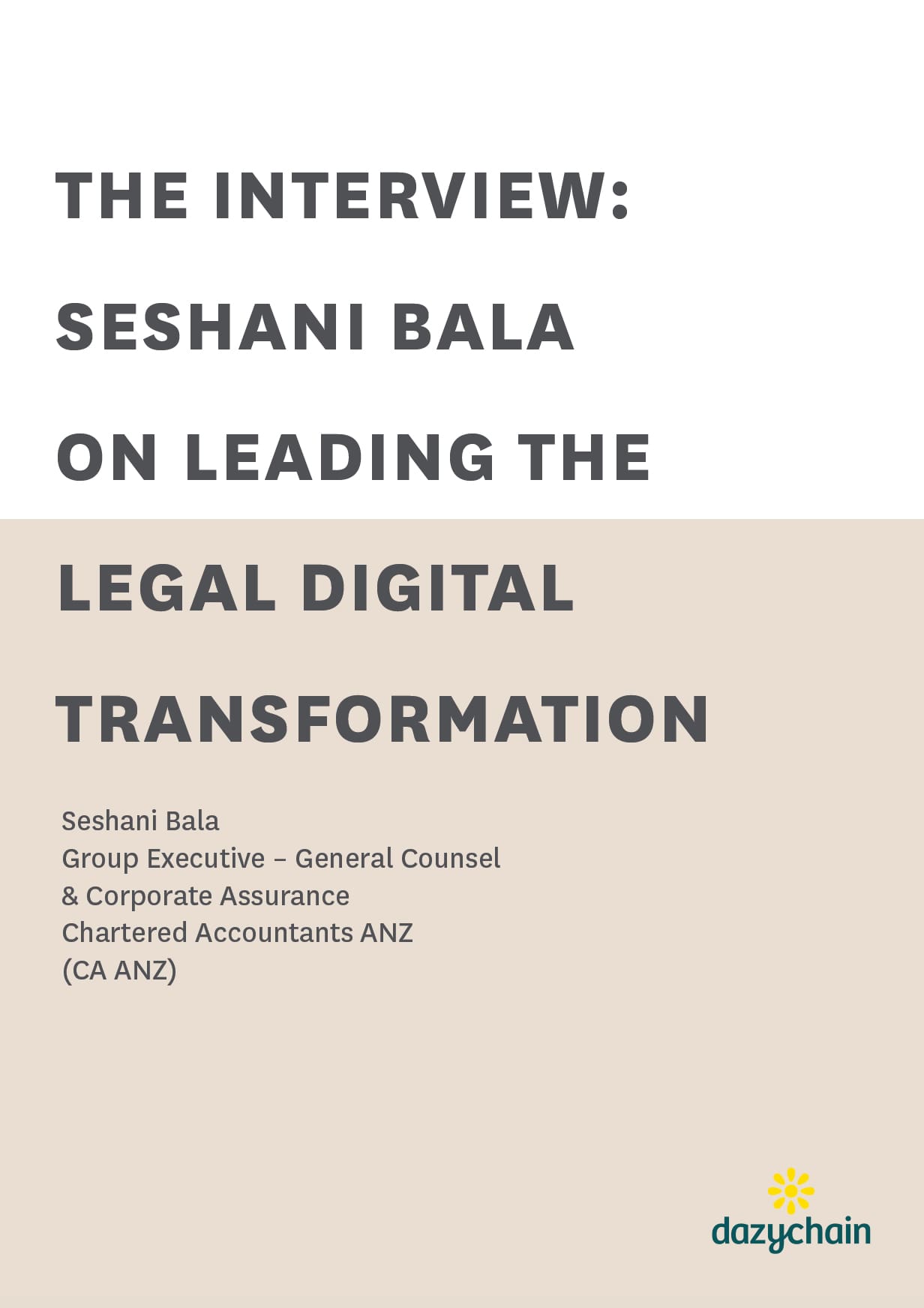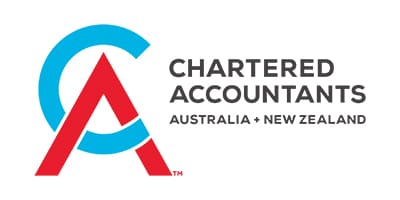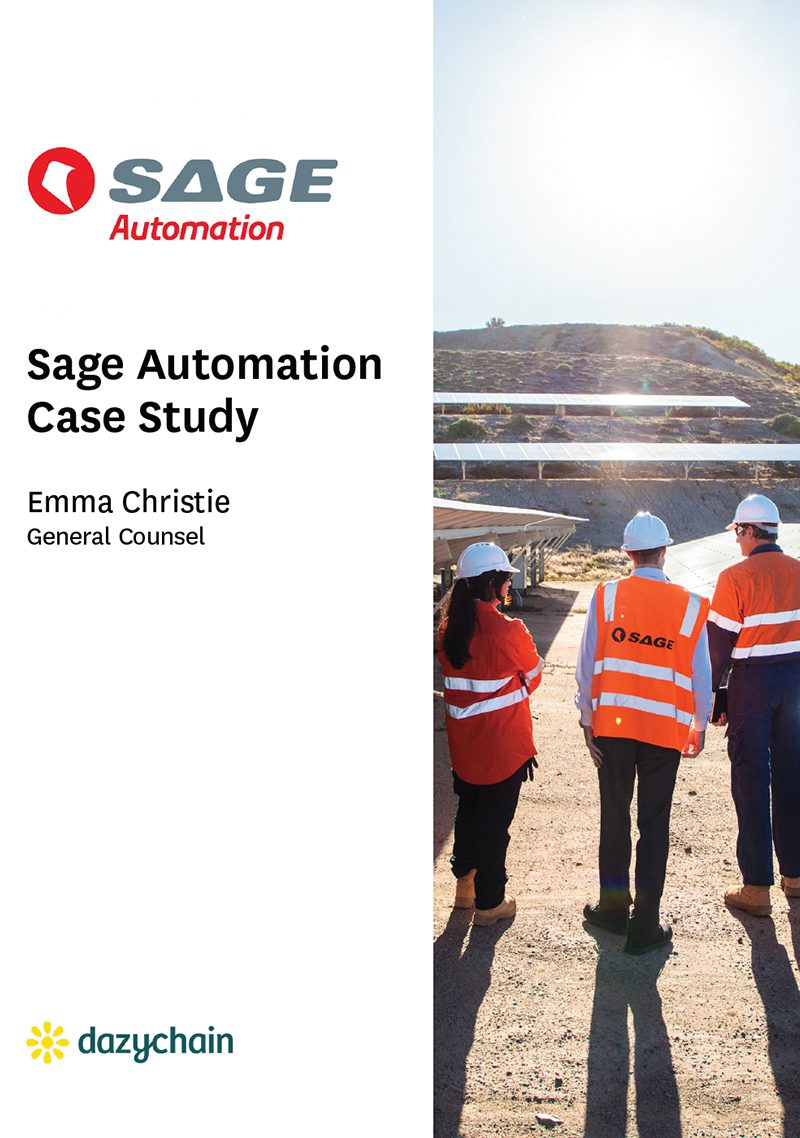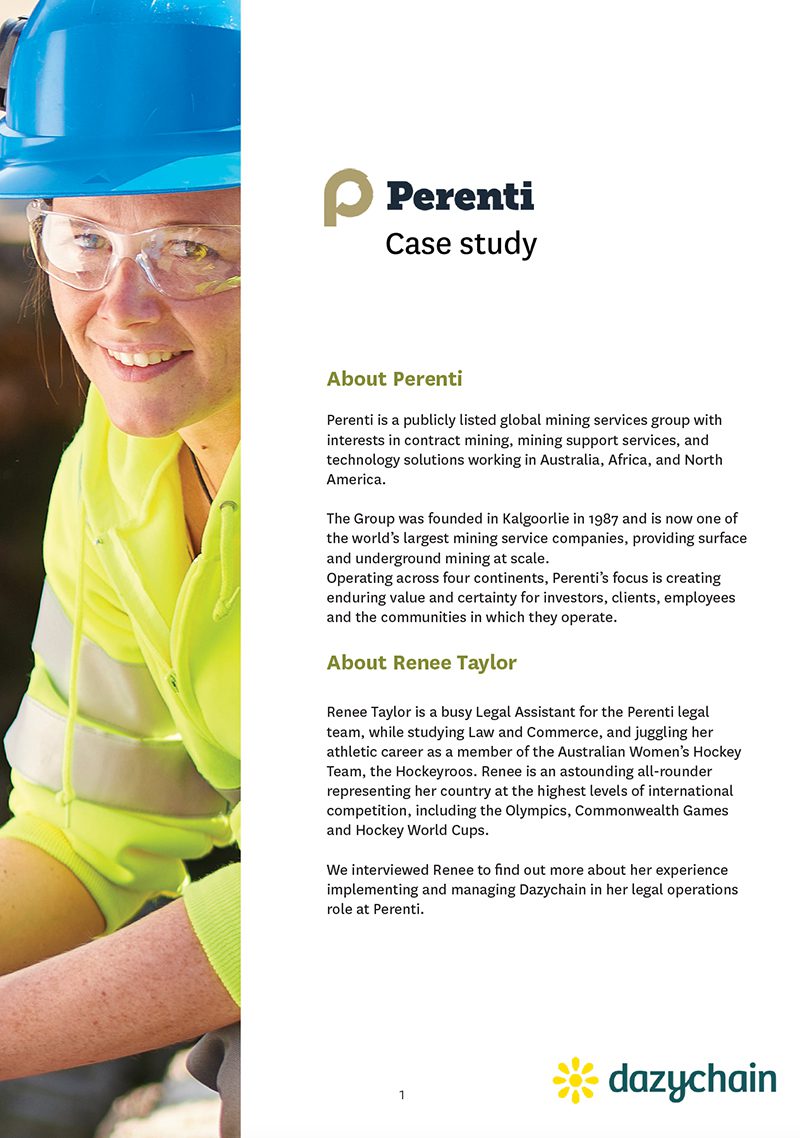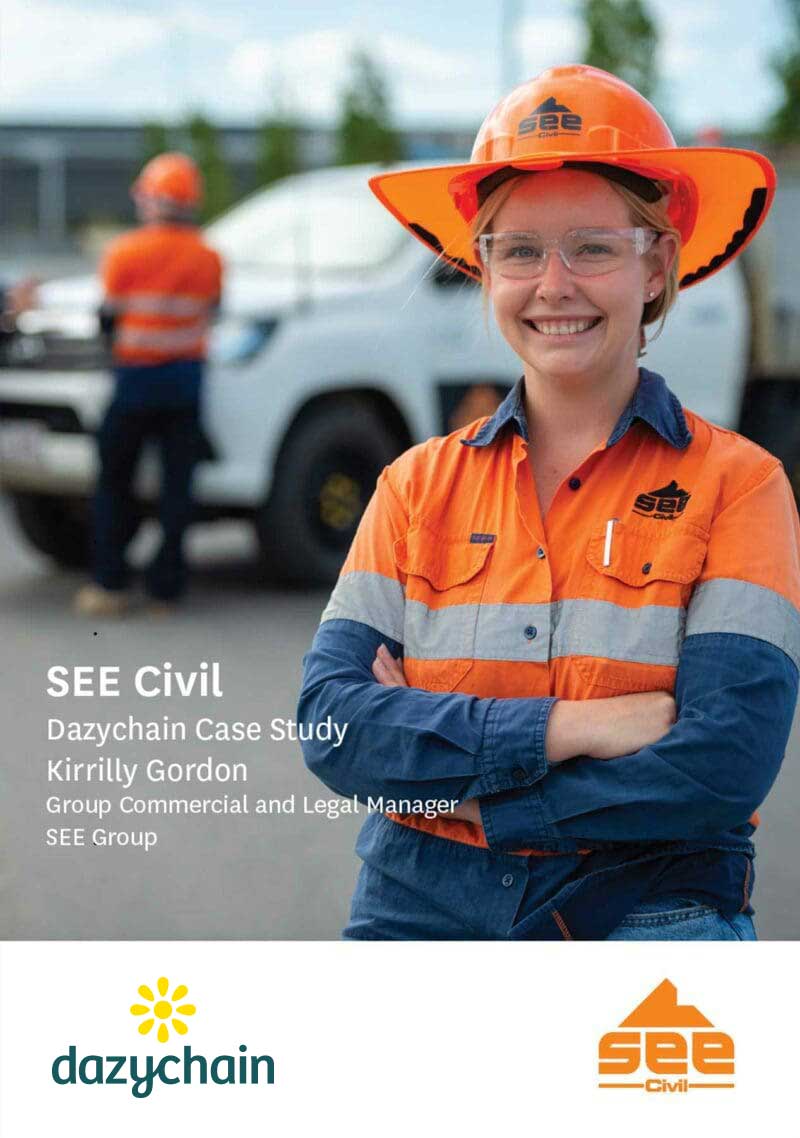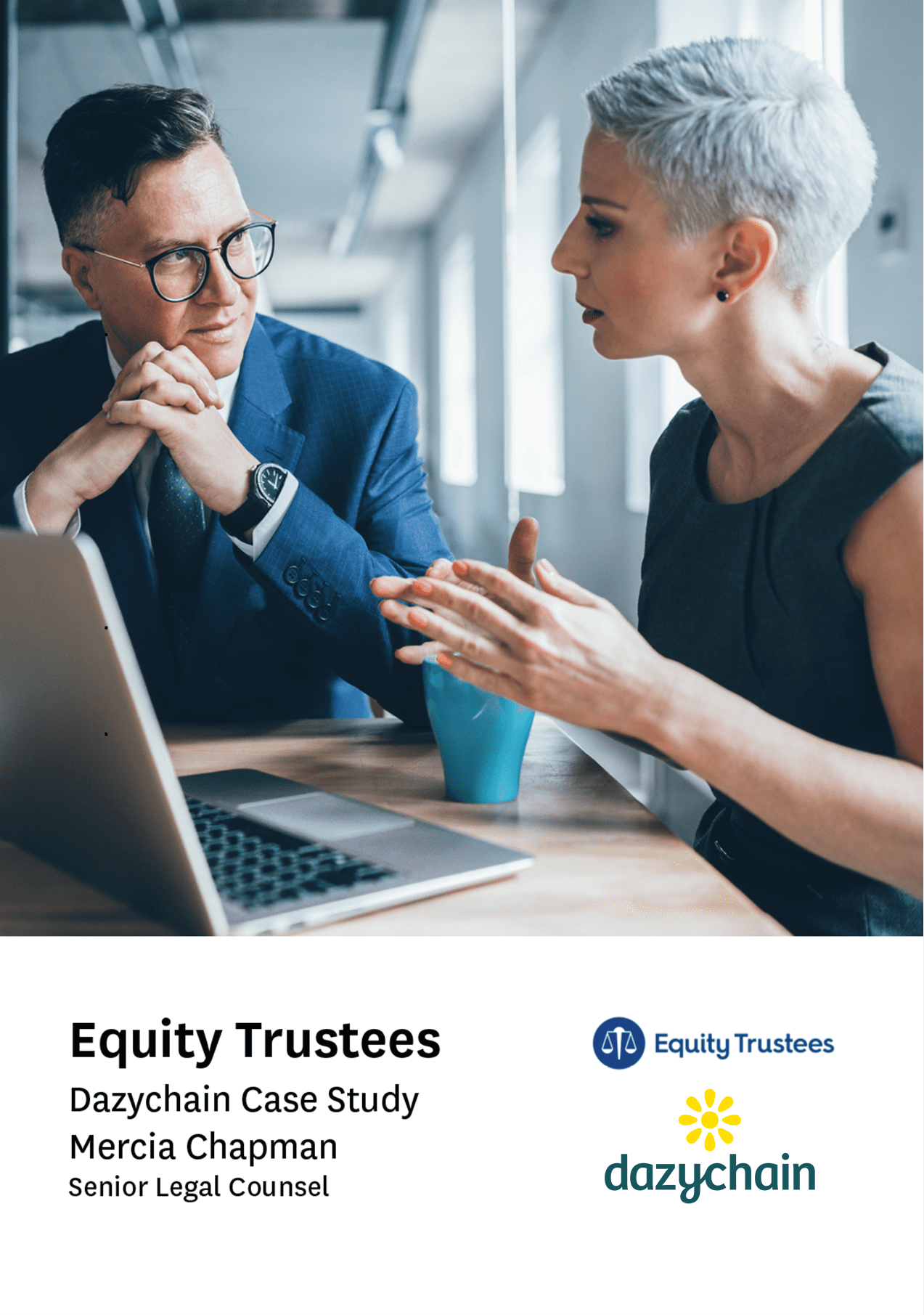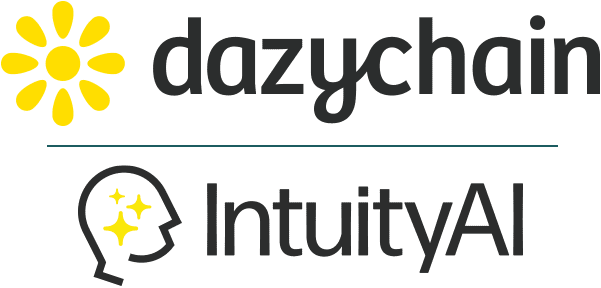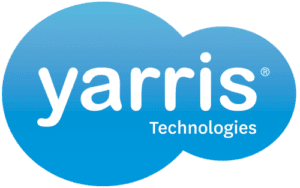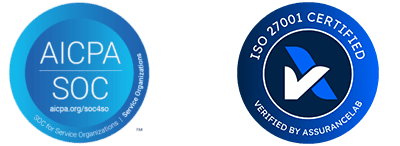An interview with Seshani Bala, General Counsel & Corporate Assurance Chartered Accountants ANZ
About Seshani Bala
Chartered Accountants Australia and New Zealand represents 125,802 members in Australia, New Zealand and overseas. CA ANZ focuses on the education and lifelong learning of members, and engages in advocacy and thought leadership in areas of public interest that impact the economy and domestic and international markets. Seshani implemented Dazychain legal operations software 12 months ago, initiating a journey of learning and continuous improvement for the team, and the organisation.
Seshani leads the Corporate Assurance division which provides integrated assurance by establishing and maintaining sustainable practices that protect the CA ANZ Group, and enable it to comply with its global compliance obligations and create value for members. Corporate Assurance is comprised of the Legal, Governance and Risk, Compliance and Operational Excellence teams which together, ensure that the CA ANZ Group is able to effectively grow, react and adapt to a changing environment.
Prior to joining CA ANZ, Seshani was responsible for managing global legal functions as General Counsel for various FMCG companies and also she worked in private practice at Bell Gully in Auckland and Clayton Utz in Sydney.
You have made substantial improvements with the legal function at CA ANZ in your 4 years as GC. Can you describe where you started with the team? What are you trying to achieve?
When I joined CA ANZ, in-house legal operations were at the low end of the maturity scale but there was huge opportunity for change and continuous improvement that would deliver business value and generate process efficiency. As a member-centric organisation, our vision is to be difference-makers and this is something the legal team is closely aligned to – there were lots of opportunities to make a difference!
My past in-house roles were in FMCG companies where I had international remit and exposure to the benefits of legal operations in European and US markets. I wanted to establish an efficient in-house operating and service delivery model with the ability to manage compliance at scale. I am a big believer that investing in legal operations and technology is a critical component of this and one that generates long-term cost savings and efficiency gains.
It also helps in-house legal teams join the world of data analytics and make data-driven decisions. CA ANZ’s in-house legal team is centralised and our remit extends across 6 jurisdictions across Asia-Pacific and the UK. Managing all legal, risk and compliance matters responsibly and cost-effectively in an environment of constant regulatory change is key to ensuring our business maintains its social license and grows sustainably.
You’re very familiar with legal operations, and what you are trying to achieve as a legal function. What made you choose Dazychain?
Before even looking at legal technology platforms, our in-house legal team spent considerable time reviewing our operations with an efficiency/ROI-lens, process-mapping and understanding both our stakeholder needs and business requirements. To ensure the legal team’s service delivery model was fit for purpose, we mapped out the legal team’s vision and strategy in the context of our enterprise strategy.
Once we had mapped out what we do, why we do it and how we deliver legal services against our strategic pillars, this provided the foundation for what data we wanted to collect and report on for management, c-suite and Board reporting purposes.
We did quite a bit of research into legal technology platforms to compare what was available in the market. A lot of legal technology solutions become obsolete in 18 months so we were very clear that we wanted an off-the-shelf cloud platform that didn’t require a high degree of customisation. We also wanted a platform that was secure, user-friendly, intuitive and integrated with O365. Dazychain ticked all the boxes!
Capturing corporate data against matters, strategic pillars, business unit, how does this help you manage better as a legal team, what does this mean for the organisation? (e.g. better quality advice, right lawyer assigned to the matter?)
Before we started using Dazychain, our legal team was always busy but like most in-house teams, we weren’t able to use data or measurable metrics to explain where most of our time was being invested, how we were delivering value that supported our enterprise strategy and whether our service delivery model was providing the maximum return on enterprise investment.
One of my favourite Peter Drucker quotes is ‘if you can’t measure it, you can’t improve it’. We knew that we needed to collect and report on critical data in order
to make data-driven decisions and improve operational efficiency. Dazychain has been critical in helping us capture key data points – we can measure the proportion of legal work that is strategic versus business-as-usual, identify our high use stakeholders, analyse legal work that flows from core compliance obligations and transparently manage workflow and capacity.
…”We do [also] use Dazychain to collect data on privacy, intellectual property and modern slavery compliance.
Managing court dates was difficult for the team previously. Timetables were printed and placed on physical files and you relied on Outlook calendars. Now you have a grid view for it in Dazychain. What improvements have you noticed?
Dazychain has become our single repository for managing court dates. It’s been a huge efficiency booster as well as a risk management tool as we now manage this data in one system rather than putting dates into various shared and individual Outlook calendars where there is a higher potential for user error.
How does Dazychain help with keeping deadlines, completing tasks, or reporting on tasks?
The dashboards are an excellent real-time snapshot of the current of matters, tasks and deadlines. We create deliverables to record and track key dates, tasks and deliverables and this has greatly reduced the follow-up email traffic!
It’s much more efficient than searching through emails or drives. The fact that it’s a cloud-based system is a real plus and the search function is pretty quick and extensive. What effect has reporting had on the legal team? Were they able to make quantifiably better business decisions because they used analytics to help? Yes! Analytics drives better decision-making and helps lawyers make more commercially pragmatic, data-driven decisions. For example, if the data shows that the team is spending 30% of its time reviewing high volume, low risk contracts, this immediately triggers a conversation about whether we need to automate these or create a self-serve template option. The data helps guide and justify continuous improvement decisions.
Has the team been able to provide better quality advice as a result of saving on admin time/low-value matters? What has this meant for the business?
No technology solution is admin-free and with Dazychain, the team still has to input all required data into the relevant fields so that we get the benefits of rich analytics. That said, we are spending less time on repetitive, administrative tasks which means the team can focus on the actual legal work.
What advice would you give to a fellow GC looking to implement a legal operations system in their business?
Before looking at a legal operations system, take the time to create or review all manual in-house legal team processes. A system won’t help if the team doesn’t work to a set of agreed processes. We took the time to process-map key processes (e.g. workflow management, legal briefing, data security incident reporting, litigation protocols, etc), build an in-house Legal Operations Manual and design a service level agreement. It was then relatively easy to configure Dazychain to reflect these processes to get the right data analytics.
COVID-19 and its impacts on businesses and ways of working is likely to fast-track the need for mature legal operations. During the pandemic, our in-house legal team has been able to seamlessly pivot to digital service delivery and manage risk at pace in an stressed environment of constant change – Dazychain was a
key enabler of this and if we weren’t using it when the pandemic started, we wouldn’t have been able to run with the business.
What are your non-negotiables for a Legal Ops system?
It needs to be secure from a privacy/data security perspective, cloud-based, intuitive, user-friendly and fairly easy to configure and reconfigure. Our business is constantly evolving and a legal ops system needs to be agile enough to quickly capture and reflect these changes.
Interested in discussing Dazychain solutions?
An interview with Seshani Bala, General Counsel & Corporate Assurance Chartered Accountants ANZ
Seshani Bala
General Counsel
Chartered Accountants ANZ
About Seshani Bala
Chartered Accountants Australia and New Zealand represents 125,802 members in Australia, New Zealand and overseas. CA ANZ focuses on the education and lifelong learning of members, and engages in advocacy and thought leadership in areas of public interest that impact the economy and domestic and international markets. Seshani implemented Dazychain legal operations software 12 months ago, initiating a journey of learning and continuous improvement for the team, and the organisation.
Seshani leads the Corporate Assurance division which provides integrated assurance by establishing and maintaining sustainable practices that protect the CA ANZ Group, and enable it to comply with its global compliance obligations and create value for members. Corporate Assurance is comprised of the Legal, Governance and Risk, Compliance and Operational Excellence teams which together, ensure that the CA ANZ Group is able to effectively grow, react and adapt to a changing environment.
Prior to joining CA ANZ, Seshani was responsible for managing global legal functions as General Counsel for various FMCG companies and also she worked in private practice at Bell Gully in Auckland and Clayton Utz in Sydney.
You have made substantial improvements with the legal function at CA ANZ in your 4 years as GC. Can you describe where you started with the team? What are you trying to achieve?
When I joined CA ANZ, in-house legal operations were at the low end of the maturity scale but there was huge opportunity for change and continuous improvement that would deliver business value and generate process efficiency. As a member-centric organisation, our vision is to be difference-makers and this is something the legal team is closely aligned to – there were lots of opportunities to make a difference!
My past in-house roles were in FMCG companies where I had international remit and exposure to the benefits of legal operations in European and US markets. I wanted to establish an efficient in-house operating and service delivery model with the ability to manage compliance at scale. I am a big believer that investing in legal operations and technology is a critical component of this and one that generates long-term cost savings and efficiency gains.
It also helps in-house legal teams join the world of data analytics and make data-driven decisions. CA ANZ’s in-house legal team is centralised and our remit extends across 6 jurisdictions across Asia-Pacific and the UK. Managing all legal, risk and compliance matters responsibly and cost-effectively in an environment of constant regulatory change is key to ensuring our business maintains its social license and grows sustainably.
You’re very familiar with legal operations, and what you are trying to achieve as a legal function. What made you choose Dazychain?
Before even looking at legal technology platforms, our in-house legal team spent considerable time reviewing our operations with an efficiency/ROI-lens, process-mapping and understanding both our stakeholder needs and business requirements. To ensure the legal team’s service delivery model was fit for purpose, we mapped out the legal team’s vision and strategy in the context of our enterprise strategy.
Once we had mapped out what we do, why we do it and how we deliver legal services against our strategic pillars, this provided the foundation for what data we wanted to collect and report on for management, c-suite and Board reporting purposes.
We did quite a bit of research into legal technology platforms to compare what was available in the market. A lot of legal technology solutions become obsolete in 18 months so we were very clear that we wanted an off-the-shelf cloud platform that didn’t require a high degree of customisation. We also wanted a platform that was secure, user-friendly, intuitive and integrated with O365. Dazychain ticked all the boxes!
Capturing corporate data against matters, strategic pillars, business unit, how does this help you manage better as a legal team, what does this mean for the organisation? (e.g. better quality advice, right lawyer assigned to the matter?)
Before we started using Dazychain, our legal team was always busy but like most in-house teams, we weren’t able to use data or measurable metrics to explain where most of our time was being invested, how we were delivering value that supported our enterprise strategy and whether our service delivery model was providing the maximum return on enterprise investment.
One of my favourite Peter Drucker quotes is ‘if you can’t measure it, you can’t improve it’. We knew that we needed to collect and report on critical data in order
to make data-driven decisions and improve operational efficiency. Dazychain has been critical in helping us capture key data points – we can measure the proportion of legal work that is strategic versus business-as-usual, identify our high use stakeholders, analyse legal work that flows from core compliance obligations and transparently manage workflow and capacity.
…”We do [also] use Dazychain to collect data on privacy, intellectual property and modern slavery compliance.
Managing court dates was difficult for the team previously. Timetables were printed and placed on physical files and you relied on Outlook calendars. Now you have a grid view for it in Dazychain. What improvements have you noticed?
Dazychain has become our single repository for managing court dates. It’s been a huge efficiency booster as well as a risk management tool as we now manage this data in one system rather than putting dates into various shared and individual Outlook calendars where there is a higher potential for user error.
How does Dazychain help with keeping deadlines, completing tasks, or reporting on tasks?
The dashboards are an excellent real-time snapshot of the current of matters, tasks and deadlines. We create deliverables to record and track key dates, tasks and deliverables and this has greatly reduced the follow-up email traffic!
It’s much more efficient than searching through emails or drives. The fact that it’s a cloud-based system is a real plus and the search function is pretty quick and extensive. What effect has reporting had on the legal team? Were they able to make quantifiably better business decisions because they used analytics to help? Yes! Analytics drives better decision-making and helps lawyers make more commercially pragmatic, data-driven decisions. For example, if the data shows that the team is spending 30% of its time reviewing high volume, low risk contracts, this immediately triggers a conversation about whether we need to automate these or create a self-serve template option. The data helps guide and justify continuous improvement decisions.
Has the team been able to provide better quality advice as a result of saving on admin time/low-value matters? What has this meant for the business?
No technology solution is admin-free and with Dazychain, the team still has to input all required data into the relevant fields so that we get the benefits of rich analytics. That said, we are spending less time on repetitive, administrative tasks which means the team can focus on the actual legal work.
What advice would you give to a fellow GC looking to implement a legal operations system in their business?
Before looking at a legal operations system, take the time to create or review all manual in-house legal team processes. A system won’t help if the team doesn’t work to a set of agreed processes. We took the time to process-map key processes (e.g. workflow management, legal briefing, data security incident reporting, litigation protocols, etc), build an in-house Legal Operations Manual and design a service level agreement. It was then relatively easy to configure Dazychain to reflect these processes to get the right data analytics.
COVID-19 and its impacts on businesses and ways of working is likely to fast-track the need for mature legal operations. During the pandemic, our in-house legal team has been able to seamlessly pivot to digital service delivery and manage risk at pace in an stressed environment of constant change – Dazychain was a
key enabler of this and if we weren’t using it when the pandemic started, we wouldn’t have been able to run with the business.
What are your non-negotiables for a Legal Ops system?
It needs to be secure from a privacy/data security perspective, cloud-based, intuitive, user-friendly and fairly easy to configure and reconfigure. Our business is constantly evolving and a legal ops system needs to be agile enough to quickly capture and reflect these changes.
